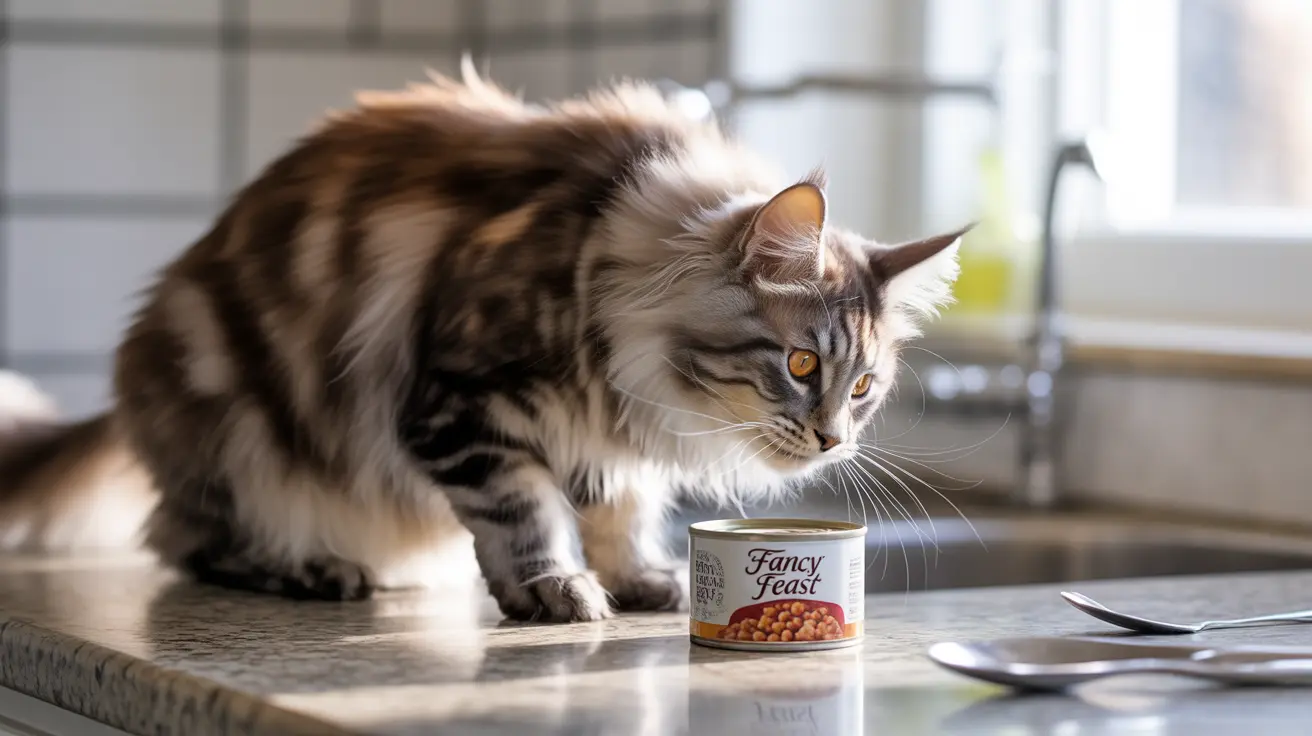While most people wouldn't consider eating cat food under normal circumstances, questions about its safety for human consumption do arise, particularly in emergency situations. This comprehensive guide explores whether humans can eat cat food, the potential risks involved, and what you need to know about this unconventional food source.
Understanding the implications of consuming cat food is crucial, as it's specifically formulated for feline nutrition and not designed for human dietary needs. Let's dive into the details of why cat food might not be the best choice for human consumption and what risks you should be aware of.
Safety Considerations for Human Consumption
The immediate safety of cat food for humans depends on several factors. While most commercial cat foods contain technically edible ingredients, they're not processed to the same safety standards as human food. The manufacturing processes and quality controls differ significantly from those used in human food production.
Key safety concerns include:
- Lower-grade ingredients not meeting human food standards
- Potential contamination with foodborne pathogens
- Less stringent processing and hygiene requirements
- Risk of cross-contamination during storage
Nutritional Implications and Health Risks
Cat food is formulated specifically for feline dietary requirements, which differ substantially from human nutritional needs. Regular consumption can lead to several health issues:
Vitamin and Mineral Imbalances
Cat food typically contains excessive amounts of certain nutrients for humans, including:
- High levels of Vitamin A that can become toxic
- Excessive taurine concentrations
- Insufficient Vitamin C for human needs
- Inadequate dietary fiber content
Digestive and Long-term Health Concerns
Regular consumption of cat food can result in:
- Gastrointestinal distress
- Constipation or other digestive problems
- Potential kidney and liver issues
- Increased risk of foodborne illness
Emergency Situations and Survival Scenarios
In genuine emergency situations where no other food is available, cat food might serve as a temporary source of sustenance. However, it should only be considered as an absolute last resort and consumed for the shortest possible duration.
If faced with such a situation:
- Choose canned (wet) cat food over dry kibble
- Check for package integrity and expiration dates
- Consume minimal amounts only until proper food is available
- Be aware of potential allergic reactions
Human-Grade Cat Food Considerations
Even "human-grade" cat food, while made with higher quality ingredients, isn't suitable for regular human consumption. These products still lack the proper nutritional balance humans need and contain nutrient levels formulated for cats rather than people.
Frequently Asked Questions
Can humans safely eat cat food in an emergency?
While not ideal, humans can eat cat food in genuine emergencies for short periods. Canned cat food is preferable as it's sterile until opened. However, it should only be consumed when no other food options are available.
Why is regular consumption of cat food not healthy for humans?
Regular consumption of cat food can lead to nutritional imbalances, vitamin toxicity, and digestive issues. It lacks essential human nutrients while containing excessive amounts of others, making it unsuitable for human dietary needs.
What are the nutritional differences between human and cat food?
Cat food contains higher levels of protein and fat, lower carbohydrates, and different vitamin and mineral concentrations than human food. It's specifically formulated for feline dietary requirements, which differ significantly from human nutritional needs.
How can I minimize health risks if I have to eat cat food?
If you must eat cat food, choose canned varieties, check for package integrity, consume minimal amounts, and discontinue use as soon as proper food becomes available. Watch for signs of allergic reactions or digestive issues.
Is human-grade cat food suitable for human consumption?
No, even human-grade cat food isn't suitable for regular human consumption. While it contains higher quality ingredients, it's still formulated for cats' nutritional needs and lacks the proper balance of nutrients required by humans.
Conclusion
While cat food isn't immediately toxic to humans, it's not designed for human consumption and should never be considered a regular food source. The risks of nutritional imbalances, contamination, and health issues make it unsuitable for human diets. In emergencies, it might serve as a temporary last resort, but proper human food alternatives should always be prioritized.






